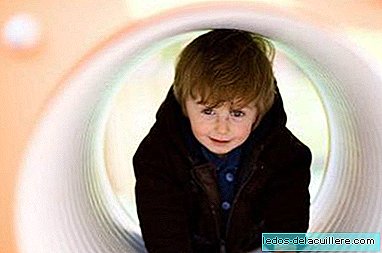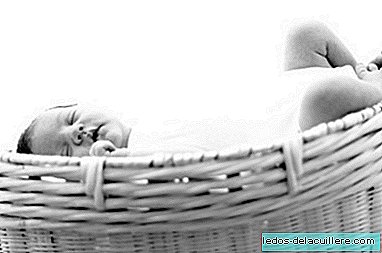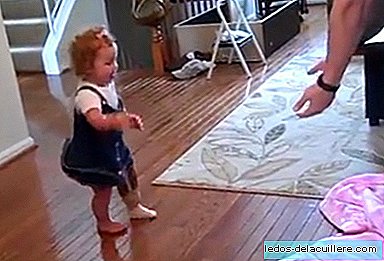
During childhood, the child lives in a phase in which free play should be his main activity. To play is to learn, through the game the child understands the world and understands himself. Therefore, it is essential to understand the importance of free play for the development of the child.
Free play consists of playing with your body, with toys, manipulating objects, being able to move guided by your own instinct and your innate curiosity. No rules, no limits or rigidities.
During the first years of life the game must be free and spontaneous arisen from its own initiative, not directed by the adult. This does not mean that the child should play alone, on the contrary, the company of the parents in the game, without stress, at their own pace, provides them with a fundamental emotional support for their development.
As we said before, childhood play is not only entertainment, but above all it is learning. Children use the game to build their own identity and subjectivity. Through the game they learn to relate to others and the world around them.
Free game without adult directives
Playing freely offers countless game alternatives where children choose the challenge that interests them most.
They choose what to play with, where to play and organize their times. They give free rein to the imagination and assemble their own game projects without mediating adults, making them assume their own decisions and therefore, strengthening their self-esteem.
Free play can be individual, in which the child choose freely to do something according to their internal needs, without receiving any directive from the adult, or the desire to join another or other children may arise, which contributes to the development of positive social behavior, while reinforcing the identity Personal and self-esteem.

The pleasure of playing
If we ask why children play, the answer is because they feel like it. The game is (and should be) a pleasant activity In herself. They don't do it because they should, not for a reward, but because they want to.
For children, playing is gratifying because it releases their creative capacity without ties. Now they want to play jogging, now the little house and then doctors, in their own way and with their own rules.
It is a pity that children play less and less, because it means that they are losing the need to seek that pleasure that the game offers them, or sometimes looking for it in other things.
At their own pace
At present, it seems that children from birth are burning stages. In large part because of the adults we seek to meet our own expectations through our children.
It is important that children grow at their own pace and certainly play at your own pace. Excessive stimuli, activity overload and haste hardly help as the child's developing brain needs time to process what has been learned through play.
Respecting their times is then essential for their development and for the learning provided by the game to consolidate.
The importance of free play
In conclusion, the game that takes place in the children's stage is the pillar on which other skills such as imagination, creativity, perseverance, effort, etc. are sustained. From there the importance of free play.
Allowing them to experience this playful phase of the first years freely, giving space to creativity, and containing them but without interfering, will contribute to building a solid personality, based on self-esteem and the ability to carry out activities and resolve more complex conflicts. throughout life












